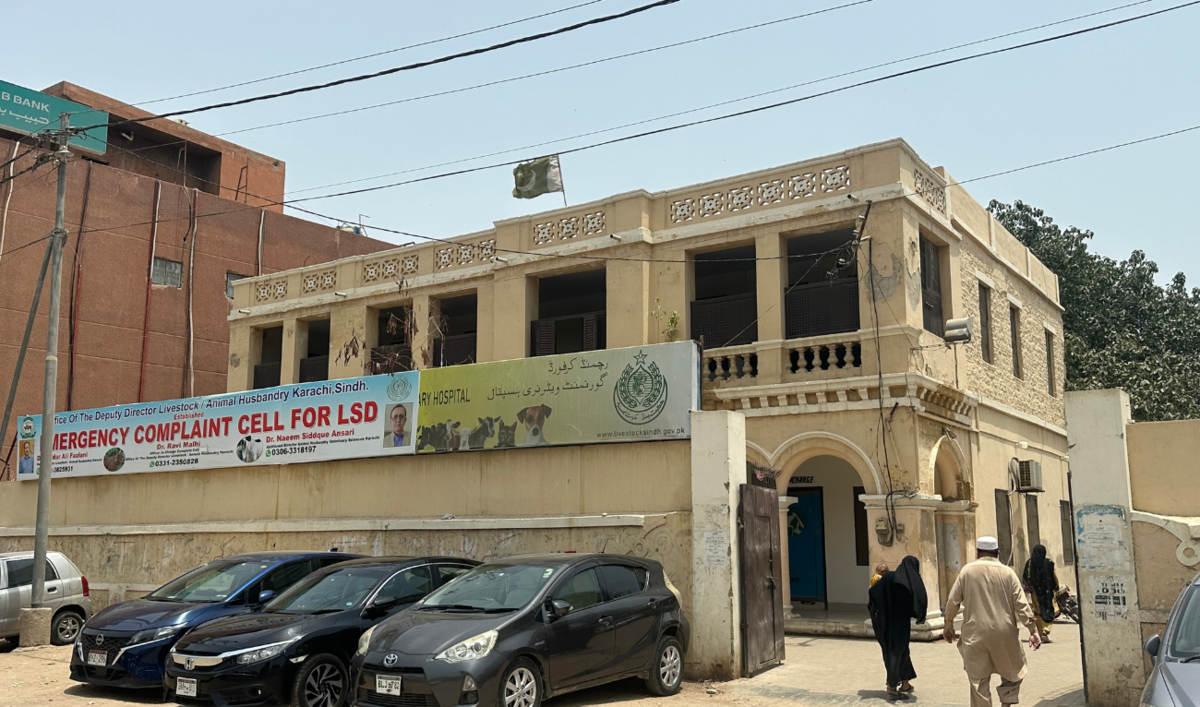ISLAMABAD: Former prime minister Imran Khan will not contest the intra-party polls scheduled for Saturday, his party colleagues said on Wednesday, announcing Barrister Gohar Khan as the “nominated caretaker” for the chairman’s position ahead of the national elections next year in February.
The Election Commission of Pakistan (ECP) ordered Khan’s Pakistan Tehreek-e-Insaf (PTI) party last week to hold intra-party elections within 20 days to retain cricket bat as its election symbol. This led to divisions within the party ranks on how to deal with the ECP requirement, with some suggesting that Khan should not run for the party position after being disqualified to hold public office in a case involving the illegal sale of state gifts during his tenure in power.
The former prime minister was convicted in the case – popularly called the Toshakhana (state repository) reference – in August and sentenced to three years in prison by a local court. The controversy over Khan’s candidature as party chairman erupted a day earlier after a senior PTI leader said the ex-premier would not be running for the slot due to legal issues.
“Imran Khan is not contesting this [intra-party] election temporarily until a final judgment comes in the Toshakhana case,” Barrister Ali Zafar, a PTI core committee member, announced in a press briefing.
Khan’s legal team has appealed the judgment in the state repository case in the Islamabad High Court.
“Barrister Gohar Khan is our important legal office bearer and he will fulfil the temporary nomination,” Zafar added.
He said the top party leadership had also approved the nomination for the position of party chairman since everyone wanted a non-controversial person who could temporarily handle the responsibilities that accompanied the position.
“This is not a minus-one formula or a coup,” he said. “He [Gohar] is Imran Khan’s nominee and suitable for the temporary arrangement.”
“PTI is Imran Khan and Imran Khan is PTI,” he continued. “It does not matter whether you are the party chairman on paper or not. Imran Khan is the permanent leader.”
Zafar said his party had decided to fulfil the “election commission’s illegal and unconstitutional order” while also going into an appeal against it in court.
He informed the ex-PM had approved the caretaker nomination for the party chairman since he did not “want to give any excuse to the election commission to withhold bat as PTI’s symbol.”
Speaking at the occasion, Barrister Gohar thanked Khan for his trust while promising to fulfil the PTI chairman’s responsibility effectively.
“I am speechless … I’ll be the nominee of Imran Khan,” he said. “Imran Khan is the [PTI] leader whether he is in prison or outside the jail.”
“It has been decided that Imran Khan will remain lifetime chairman,” he continued. “I will fulfil the responsibility till Khan returns to his position.”
The former Pakistani prime minister has been in jail since August in a separate case involving a leaked diplomatic memo while his party has been struggling to stay afloat amid a massive crackdown on his leaders and workers ahead of the elections.
The 71-year-old former cricket star became entangled in political and legal battles since his ouster from Pakistan’s top political office in April 2022 in a parliamentary vote of no-confidence.
















